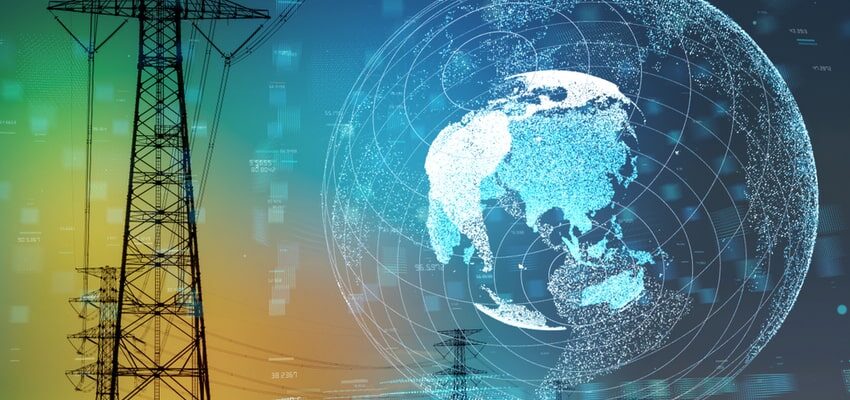Coronavirus and the U.S. grid: What to know
Operators are bracing for the spread of a virus that is undercutting power demand in countries across Asia and Europe.

Image for illustration purposes
USA: Operators of the nation’s electric grid and energy companies are bracing for the spread of a virus that is undercutting power demand in countries across Asia and Europe as daily activities grind to a halt.
Owners of U.S. utilities and nuclear plants are cancelling events, halting travel, pushing remote work and testing ill workers to slow the spread of the novel coronavirus.
So far, grid operators in the United States say no substantial effect on the electricity demand has emerged, but that could change.
The virus has already taken a toll on power demand overseas.
Japan’s power demand has weakened as industrial activity slows due to the outbreak, according to Reuters. The news outlet similarly reported China’s industrial power demand this year may decline as the virus curtailed factory output and prevented some employees from returning to work.
U.S. utility executives said the sector is well prepared and has faced the threat of spreading infections before. More than a decade ago, global virus scares like SARS pushed companies to hammer out contingency plans, and those have stuck.
“A lot of the foundational work on contingency planning is actually rooted in pandemic planning because of those experiences in the mid-2000s,” Scott Aaronson, the Edison Electric Institute’s vice president of security and preparedness, told E&E News. “There is a good body of work and a lot of planning and exercises that have gone into being able to operate through these challenges.”
Keeping the nation’s electric grid running is a top priority at the Department of Energy, said Chris Fall, the agency’s point person for COVID-19, which the new coronavirus causes. “Our responsibility is to make sure the electrical grid is resilient and working,” said Fall, who directs the department’s Office of Science.
The utility sector is also juggling the needs of its customers. Many major utilities across the nation have vowed to suspend shut-offs and keep power, heat and water on for all customers — a particular concern for people who may be out of work and cannot afford to pay their bills. Companies are also suspending disconnections for non-payment.
Grid operators are also well-equipped to handle shifts in power demand, and EEI’s Aaronson acknowledged the sector could see changes as more offices and businesses move to remote working.
The nuclear industry has maintained pandemic preparedness plans and procedures since 2006, which have been shared with federal agencies, according to Mary Love, a spokeswoman for the Nuclear Energy Institute. “NEI members are participating in weekly calls to facilitate communications, coordination and best practices,” she said.
“We know that nuclear power plant operations and the availability of electric service will be tremendously important in minimizing the impact of the situation on the general public,” Love added. “We are confident, based on extensive planning, that the industry will continue to operate nuclear plants safely as this event unfolds.”
Hundreds of workers responsible for overseeing critical operations of the U.S. electric grid are being encouraged to work from home, their offices are being sanitized, and in-person meetings are being moved online.
Source: E&E NEWS




